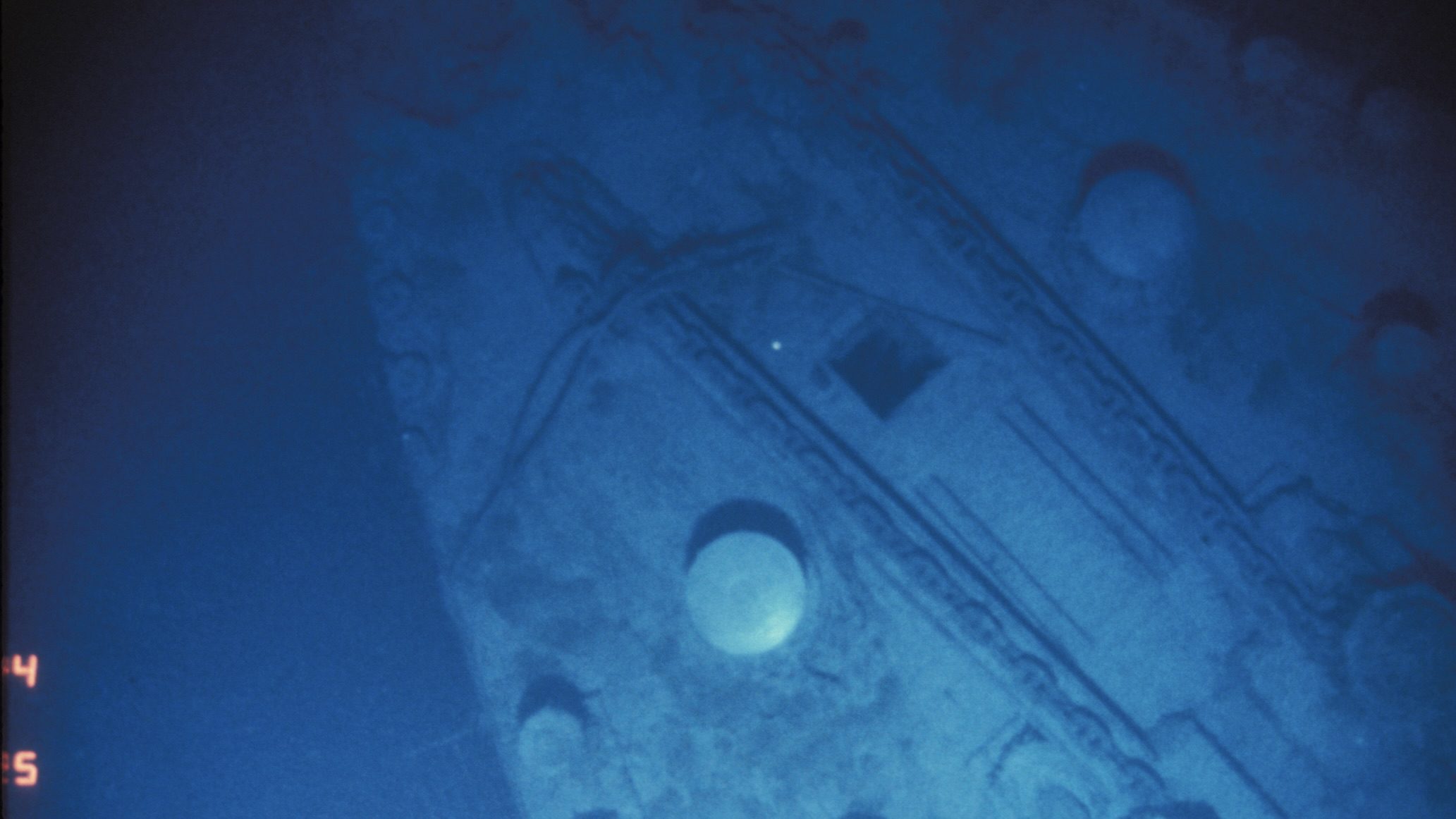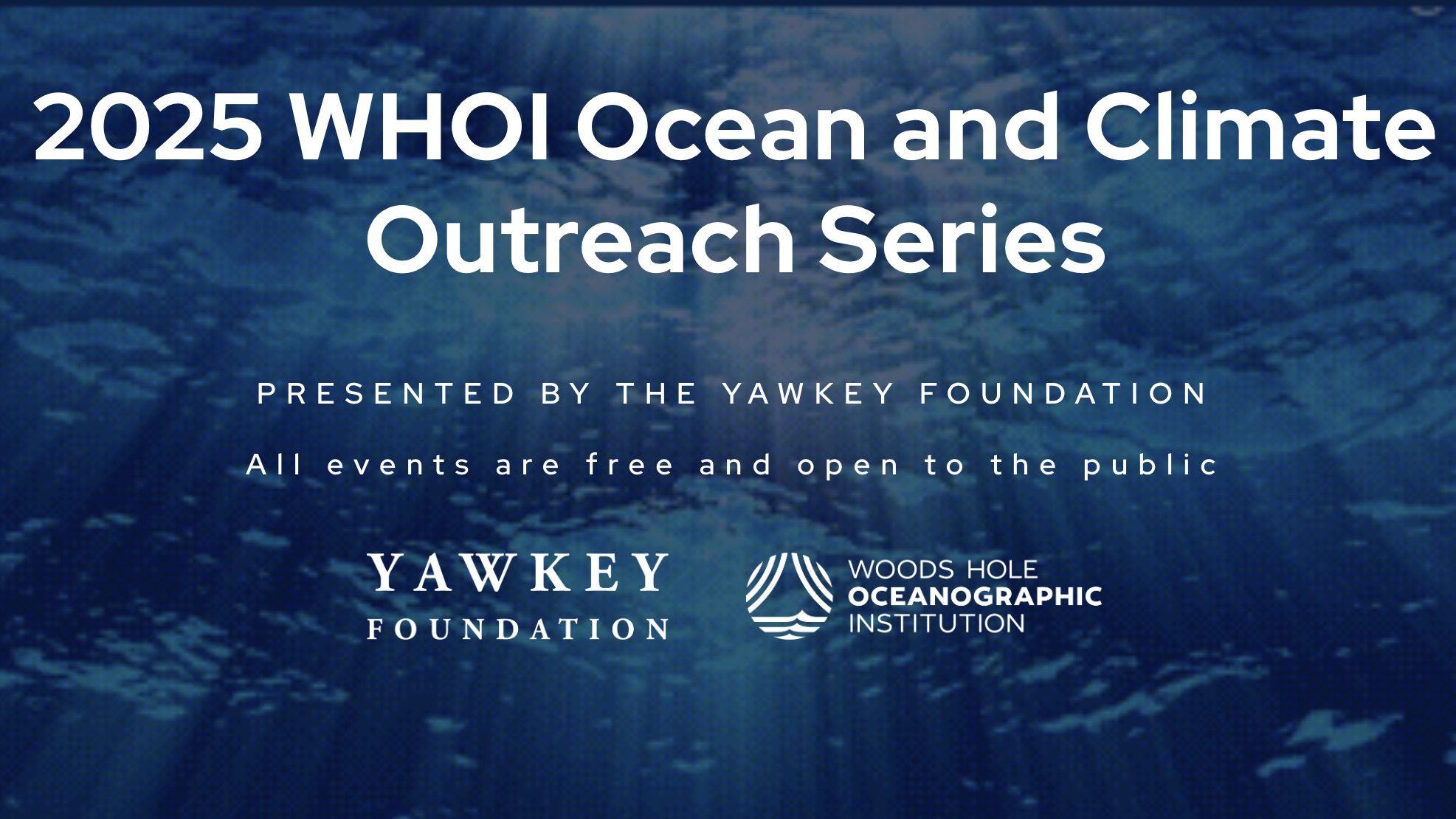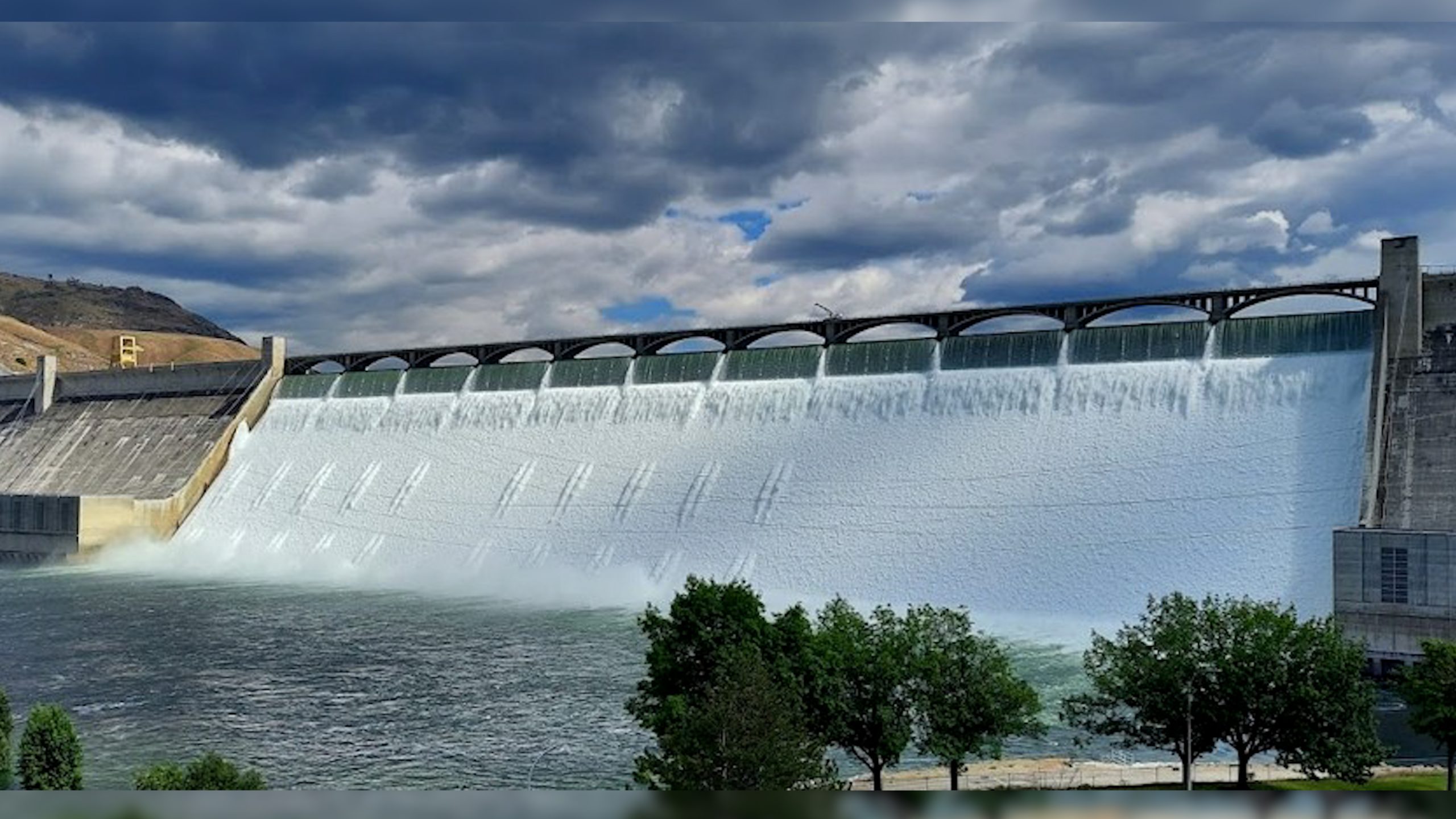Please browse our News feeds below for the most up to date information concerning our cause.
The Ocean Conservancy News
- Fri, 27 Jun 2025 19:25:39 +0000: U.S. Progress on Tackling Plastic Pollution - Ocean Conservancy
How lawmakers around the country are taking action to protect our ocean
The post U.S. Progress on Tackling Plastic Pollution appeared first on Ocean Conservancy.
- Wed, 25 Jun 2025 12:05:00 +0000: Introducing Ocean Conservancy’s 2025 Photo Contest Winners - Ocean Conservancy
Andrés Ballestros claims Judge’s Choice winning prize with The Art of Survival
The post Introducing Ocean Conservancy’s 2025 Photo Contest Winners appeared first on Ocean Conservancy.
- Mon, 23 Jun 2025 20:59:17 +0000: Learning From Indigenous Ocean Knowledge - Ocean Conservancy
Respecting and harnessing the knowledge of the Iñupiat and their counterparts is essential to the understanding needed for effective conservation
The post Learning From Indigenous Ocean Knowledge appeared first on Ocean Conservancy.
- Wed, 14 May 2025 14:27:46 +0000: Melting Sea Ice and Drooping Corals - Ocean Conservancy
Arctic experts and Jeju Islanders share concerns over warming ocean waters
The post Melting Sea Ice and Drooping Corals appeared first on Ocean Conservancy.
- Thu, 24 Apr 2025 21:00:00 +0000: How Will IMPAA Impact Shipping Trade Routes? - Ocean Conservancy
See how a new study from Ocean Conservancy examines the impact of IMPAA
The post How Will IMPAA Impact Shipping Trade Routes? appeared first on Ocean Conservancy.
The Open Channels News
- Sat, 12 Jun 2021 12:24:24 +0000: Artificial light may be changing marine ecosystems - News | OCTO: Open Communications for the Ocean
Editor’s note: Artificial light at night (ALAN) – whose undesirable effects are more colloquially referred to as light pollution – has long been known to affect sea turtles. Numerous studies document that adult sea turtles avoid nesting on artificially-lit beaches and artificial lights on land draw newly-hatched sea turtles away from the ocean, leading to […] - Sat, 12 Jun 2021 11:46:42 +0000: Latest News and Resources for Ocean Planners and Managers - News | OCTO: Open Communications for the Ocean
Study shows few downsides to incorporating climate change in ocean planning Researchers map ocean areas that can protect biodiversity, help fisheries, AND provide carbon benefits Most ocean use revenues go to small number of corporations New satellites will track global carbon and methane emissions Climate change already making equator too warm for many marine species […] - Sat, 12 Jun 2021 10:54:48 +0000: The EBM Toolbox: Resources for the sustainable financing of marine protected areas - News | OCTO: Open Communications for the Ocean
An update to this Skimmer article was published in January 2022 as an OCTO blog Resources for the sustainable financing of marine protected areas. - Fri, 11 Jun 2021 23:41:23 +0000: Perspective: Marine ecosystem-based management and wicked problems require incrementalism, not command and control - News | OCTO: Open Communications for the Ocean
By Jon Hare, NOAA Fisheries Editor’s note: Jon Hare is the Science and Research Director of NOAA’s Northeast Fisheries Science Center in Woods Hole, Massachusetts, in the US. He oversees science related to NOAA Fisheries mission in the Northeast region (Maine to North Carolina) including marine fisheries, aquaculture, protected species, habitat, and ecosystem science. NOAA […] - Wed, 24 Mar 2021 03:18:58 +0000: How much did the COVID-19 pandemic quiet the oceans? - News | OCTO: Open Communications for the Ocean
Editor’s note: Anthropogenic noise in the ocean – from ships, sonar, construction, oil wells, windfarms, seismic surveys, and other activities – harms marine animals ranging from marine mammals to fish to invertebrates. Ocean noise has been documented to: Increase egg and larval mortality, cause developmental delays, slow growth rates, and increase bodily malformations Cause temporary […]
The Woods Hole Oceanographic Institution News
- Tue, 01 Jul 2025 17:19:29 +0000: For developing countries, seafood imports are a nutritional bargain - News Releases – Woods Hole Oceanographic InstitutionDeveloping countries pay less for the nutrition in seafood imports than developed countries

- Mon, 30 Jun 2025 13:31:37 +0000: Forty years after the Titanic discovery, Woods Hole Oceanographic Institution continues to advance ocean research and exploration - News Releases – Woods Hole Oceanographic InstitutionHow cutting-edge technology, novel search techniques, and persistence paid off

- Thu, 26 Jun 2025 15:15:29 +0000: WHOI announces 2025 Ocean & Climate Outreach Series - News Releases – Woods Hole Oceanographic InstitutionWHOI and the Yawkey Foundation bring together scientists and community to look at the impacts of our changing ocean

- Tue, 17 Jun 2025 17:00:03 +0000: Ancient groundwater records reveal regional vulnerabilities to climate change - News Releases – Woods Hole Oceanographic InstitutionNew WHOI-led study shows the Southwest may be more sensitive to drying than the Pacific Northwest

- Wed, 11 Jun 2025 15:46:01 +0000: WHOI presents Centennial Medal to His Serene Highness Prince Albert II of Monaco - News Releases – Woods Hole Oceanographic InstitutionAward takes place at United Nations Ocean Conference, underscoring the need for global action in the protection of our oceans

